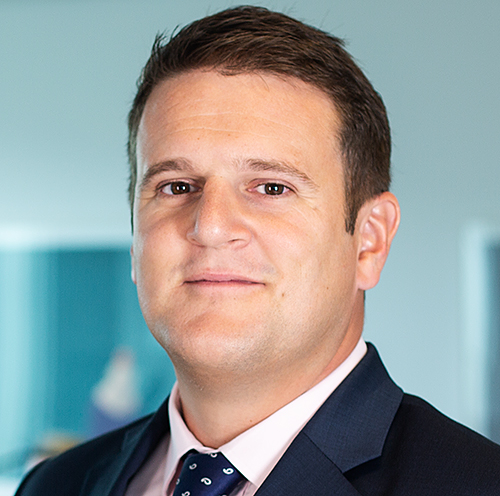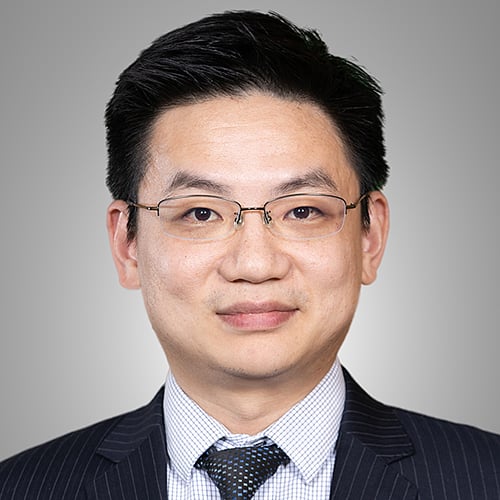Maria Lui is partner, Family Office and head of Client Experience at Mutual Trust. Based in Melbourne, her company was formed after two of Australia’s richest familiesmerged their family office operations to create a A$3 billion (US$2.10 billion) wealth management and intergenerational advisory firm.
A frequent visitor to Singapore, Lui works closely with families as a trusted adviser to help them navigate the challenges and complexities of managing their wealth and achieving their objectives.
The Asset spoke with Lui to get her views on contemporary issues affecting Asia’s wealthy families as they work to upgrade their management and tackle generational transfer of wealth.
The Asset: Asia is home to many first-generation high net worth families, what advice would you give them as they prepare to “professionalize” their family wealth?
Maria Lui: It is important to determine the shared family purpose, what the family would like to achieve and do with their wealth, and what matters most to them individually and collectively. The shared purpose will drive the family strategy.
Successful families understand that true wealth is so much more than just financial capital and that it is equally important to look after the other pillars of wealth such as having strong relationships, intellectual capital, purpose in life, connection to community, as well as health and well-being.
Therefore, the approach to professionalize their family wealth needs to be holistic and purpose driven. The family should take the time to find the right professional advisers to complement the expertise they may have in the family.
The adviser(s) must not only have the relevant expertise but also be a good cultural fit with the family and be able to build a trusted relationship with the family so that the family can trust and be guided by the professional advice.
The Asset: What lessons can wealthy families learn from previous financial crises, and what structure will preserve/protect their assets?
Maria Lui: Structures such as trusts and separation of personal wealth from business ventures are important in protecting assets. However, what is equally, if not even more important, is to have a robust investment strategy in place, with a strong governance and risk-management framework.
The investment strategy should be appropriate for the family’s financial goals and objectives and take into account their key investment beliefs, risk tolerance and time horizon. We recommend a long-term asset allocation approach, with appropriate diversification across all major asset classes within the investment portfolio to mitigate concentration risks and help reduce overall volatility.
The importance of ongoing good governance, continuous oversight and sticking to the strategy in times of market stress cannot be understated as they have a significant effect on whether an investment portfolio is successful in meeting short, medium and long-term goals.
The Asset: In Asian culture, discussing the inheritance issues before the death of the family patriarchs might not be easy. Do you see attitudes changing?
Maria Lui: There is increasing understanding that successful intergenerational wealth transfer needs good planning. It is not just about inheritance but about succession planning and successful wealth transfers that will last many generations.
Many cultures talk about wealth being lost in three generations. International research says that this occurs in 70% of cases. The main reason for wealth transfer failures is the lack of communication and trust, and lack of preparedness of the next generation to step up.
The next generation should be given the opportunity to develop their skills and networks so that they are well equipped to contribute to the family’s future success. Therefore, families including Asian families are more open to having succession discussions and putting plans in place much earlier.
The Asset: How often do families need to carry out “health checks” on their family assets?
Maria Lui: This would depend very much on the circumstances specific to the family, for example, the size and nature of the assets, family dynamics and the stage of life. Many of the families we look after have more assets employed than many public listed companies.
Therefore, there should be good governance, good management, formal reporting and regular reviews. Regular family or board meetings keep communication lines open and bring issues for discussions and decision on a timely basis.
Continuous monitoring and review of investments’ performance against the family’s financial objectives is important, and we would recommend that the investment policy is reviewed at least annually to consider if it needs to be revised to meet any changing circumstances or family needs.
The Asset: Are you witnessing an increase and change in philanthropic activity from writing cheques to funding social impact investments?
Maria Lui: We are definitely seeing an increasing interest in social impact investments. There are different levels of understanding and a general cautiousness in assessing social impact investment opportunities and making the commitment.
There is still a sense of waiting to see the track record and maturity of the market. Some may test the waters by investing in green bonds which are easily understood, in terms of the social impact principles and financial performance. In any event, philanthropists have long moved away from just writing cheques.
They want to engage with the organisations they support and shape the way they provide the financial and non-financial support. This may take the form of co-designing programs or building a long-lasting legacy through endowment funds.
They want to get to know the management, meet and talk to the team who are doing the work and wanting more reporting and accountability from the organisations. This also benefits the organisations as an engaged philanthropist can be their greatest advocate.









